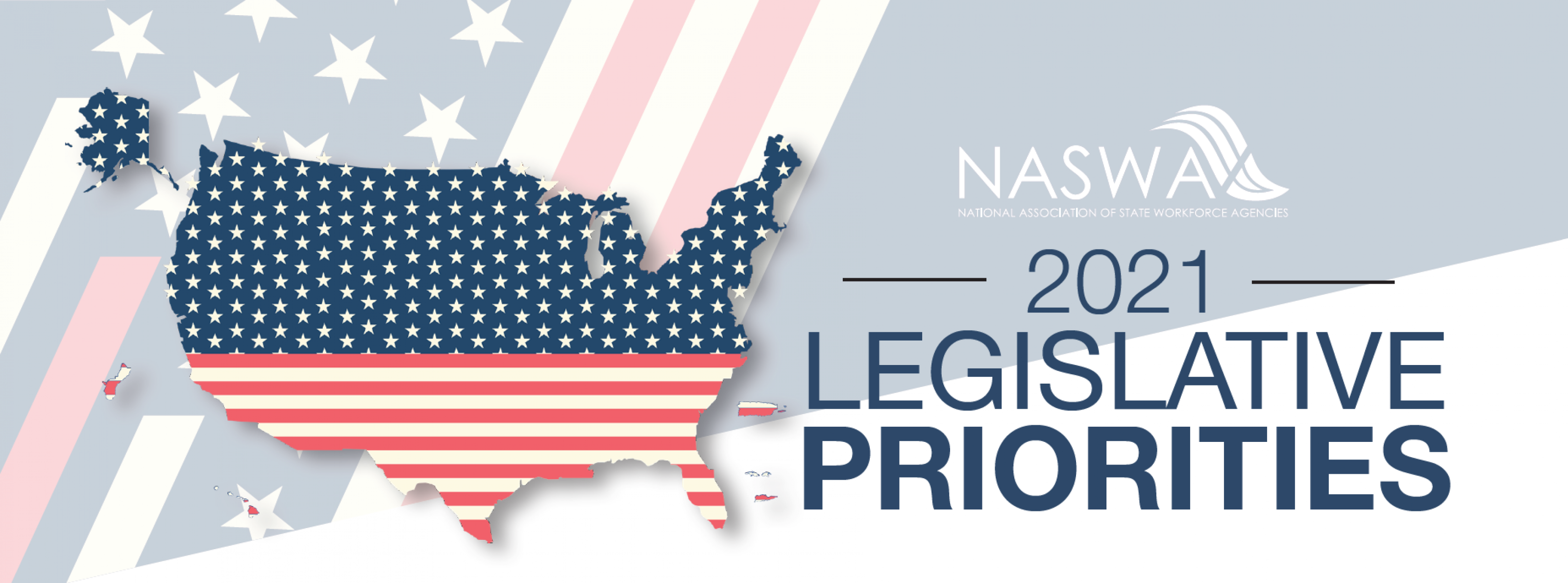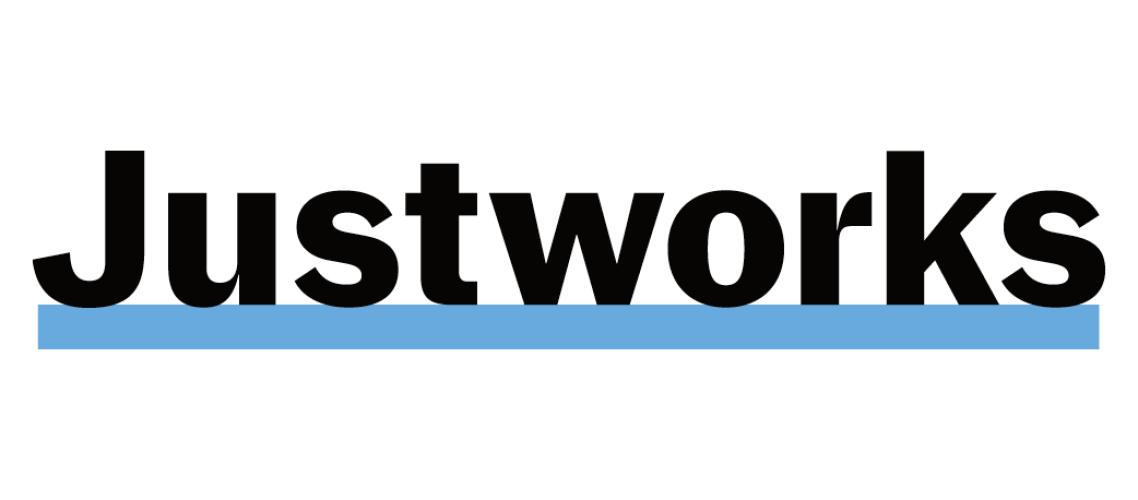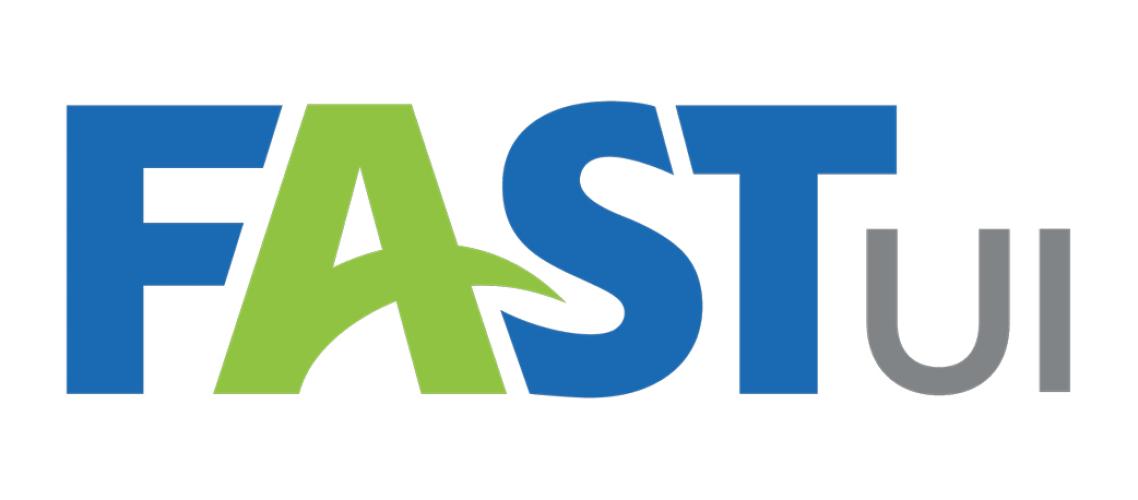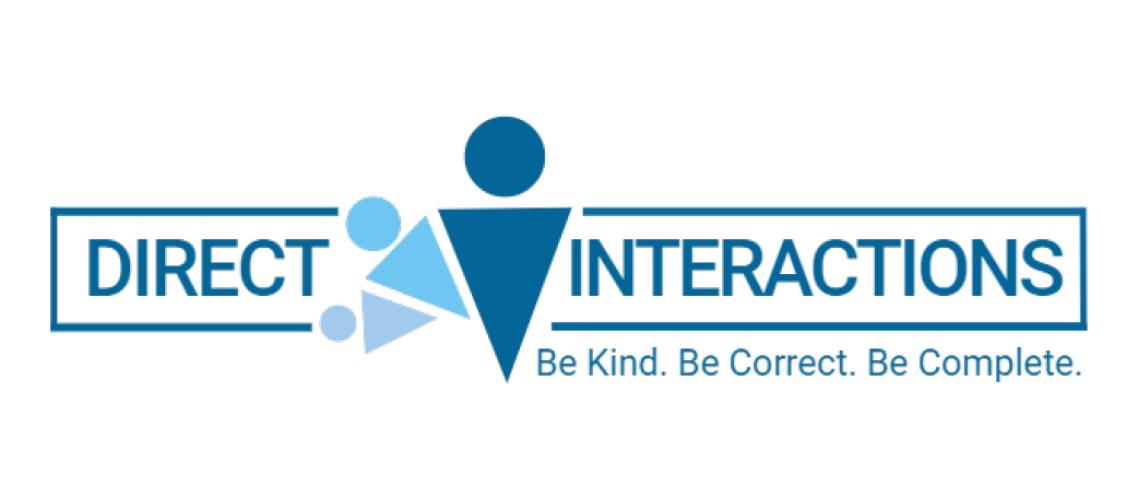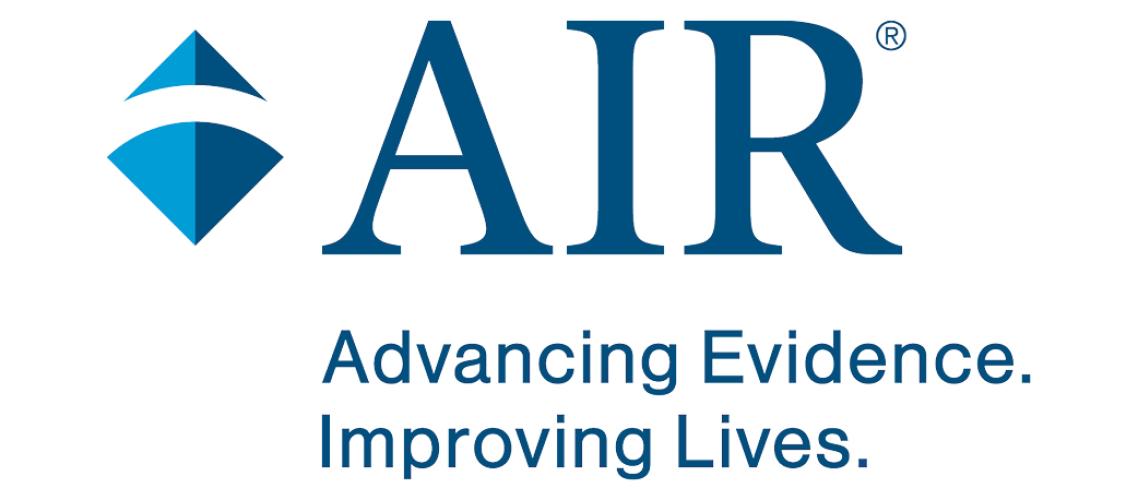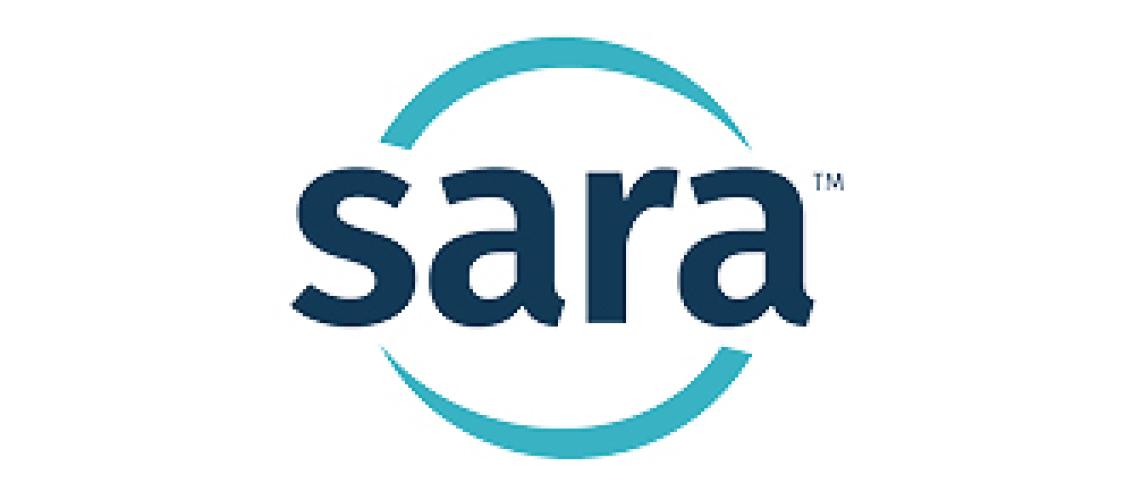NASWA supports extending specific provisions of the federal unemployment insurance provisions expiring on September 6, 2021.
In order to promote economic recovery as well as the efficient administration of UI programs, NASWA recommends continuation of vital aspects of COVID-19 legislation that will otherwise expire on September 6, 2021.
Extend state staffing flexibility for the continued operation of UI programs.
States have relied on non-merit staffing for hiring temporary staff or rehiring retirees or former employees on a non-completive basis in order to process the elevated number of claims. Given the continuing increased claim load, maximum flexibility for staffing is critical and should be extended through 2022.
Waive interest payments and the accrual of interest on federal advances to states to pay UI benefits through 2022.
With extreme claim loads, many states are borrowing in order to make UI payments. Given the continued economic stress, all state workforce agencies agree that a continued moratorium on interest accrual and payments is critical in order to avoid significant increased taxes and assessments on employers.
The temporary Extended Benefits full federal financing should be extended through 2022.
Without 100% federal financing, states will need to fund required Extended Benefits at a 50% rate during a time of declining trust fund balances and elevated claims due to the national pandemic.
Federal financing of Short-Time Compensation payments should continue through 2022.
An alternative to lay-offs, Short-Term Compensation allows employers to reduce hours of work for employees while the employee collects a percentage of unemployment insurance benefits. Many states consider this program to be an essential part of their economic recovery plans.
The 75% federal funding for governmental entities and nonprofit organization benefits, as provided in the American Rescue Plan Act, should continue through 2022 and should be increased to 100%.
Nonprofits that are self-insured for unemployment insurance continue to need this assistance. Without federal support, many non-profit organizations will not be able to make UI payments which will result in additional pressure on state trust funds.
Full federal funding for the first week of compensable regular unemployment for states that waived or have no waiting week should be extended through 2022.
This federal funding provides support for state UI Trust Funds as initial claims remain at historic levels.
Avoid substantial changes to federal pandemic UI programs.
If Pandemic Unemployment Assistance (PUA), Pandemic Extended Unemployment Compensation (PEUC), Federal Pandemic Unemployment Compensation (FPUC) or similar programs are continued beyond September 6, 2021, states ask that any program changes be minimal and that any effective date be set in the future with sufficient time for programming and communication outreach following guidance from the Department of Labor
Support for Employers and States administering UI programs is essential for continued economic recovery.
Provide relief to employers by taking action to support state UI trust funds.
Given that employers are not at fault for shut-downs and lay-offs caused by COVID-19, a federal transfer of funds should be distributed to state UI trust funds to avoid dramatic increases in unemployment insurance taxes.
Additional administrative investments should be flexible.
The continued pandemic brings with it a need for UI administrative funding beyond what was provided in the Families First Coronavirus Response Act in March of 2020. Additional funding should be flexible so that resources can be used where needed most in each state for purposes such as hiring additional staff, improving information technology, fighting fraud or supporting criminal state prosecutions. Permit additional flexibility and expand time for use of above-base funds within the UI program.
Provide clarity to protect states that quickly assisted citizens through the Lost Wages Assistance (LWA) program.
In the summer of 2020 states were encouraged to quickly implement the LWA program, administered by the Federal Emergency Management Administration (FEMA), to provide a supplemental UI benefit after the FPUC program lapsed. NASWA requests legislation to hold states harmless for unobtainable LWA overpayments as long as good faith efforts are being made to recoup improper payments.
Authorize the ability of states to waive evaluation requirements for the Reemployment Services and Eligibility Assessment (RESEA) program through 2022.
Instituted before the COVID-19 pandemic, RESEA evaluation requirements strive to identify successful program practices. Given the disruption in the labor market and the RESEA program due to restrictions, it makes sense to delay these time-intensive evaluations and begin again when the program can normally operate and these resources can be deployed more thoughtfully.
Work toward reforming the Extended Benefit Program.
Amend federal law to provide a more workable extended UI program including removal of the sequestration requirement for 2021.
Amend the Improper Payments Elimination and Recovery Act of 2012 (IPERIA) to clarify that state UI payments are not federal payments subject to the Act.
IPERIA is a federal statute designed to reduce improper federal benefit payments, but has been applied to state unemployment insurance programs. NASWA requests legislation to clarify that state UI programs are not subject to IPERIA because state UI claim benefits are funded by employers through a state tax and are administered by a state agency.
Assist states to bolster the integrity of UI programs.
- Encourage further investments in integrity activities by permitting states to use up to 5% of recovered claimant overpayments and additional employer contributions collected to combat improper payments and fight fraud.
- Continue investment in the Unemployment Insurance Integrity Center at a minimum of $9 million annually to continue the successful efforts in reducing improper payments and eliminating waste, fraud and abuse.
NASWA supports enhanced federal investments and more state flexibility to transform the career services and skills development system for American workers and businesses.
State workforce agencies support increased investment in core workforce funding to allow many more American workers and businesses access to:
- Skills training and education opportunities aligned with jobs and in-demand occupations.
- High-impact, staff-assisted job search, career coaching and other employment services, including digital literacy opportunities.
- Business services to support small and medium businesses with hiring, rapid response, training, and other services.
We strongly recommend avoiding short-term, episodic and/or competitive funding opportunities that disrupt planning and hiring, waste critical resources on repeat startup or shutdown activities, and create access barriers for some states, especially small states, with limited grant-writing resources.
We also recommend that Congress:
Focus on career services, especially job search assistance
Comprehensive job search assistance is a proven costeffective service to unemployed jobseekers. Providing more permanent funding for the Wagner-Peyser Act to modernize the career services and job coaching infrastructure is critical to combat unemployment and smooth labor market transitions. Crucial needs include upgrades to staff skills, the adoption of new service models and supporting technologies, and technical assistance.
Promote WIOA funding flexibility
Grant states more flexibility under the current WIOA funding streams to better anticipate coming labor market disruptions and help workers who are not traditionally eligible for assistance or at-risk incumbent workers prepare for labor market success.
Scale up apprenticeships
Support expansion and sustainability of state apprenticeship efforts by providing enhanced investments through line-item formula funding. Provide states technical assistance to foster stronger cross-sector partnerships between workforce and apprenticeship entities. Develop a data infrastructure for the apprenticeship programs that enables state-driven research to inform policy and practice, in addition to accountability, that does not cause disproportionate administrative burdens for states or businesses.
Address youth employment needs
New labor market entrants face long-term employment and earnings repercussions due to recessions and targeted solutions are needed to stem the impacts of the pandemic recession. Provide states more flexibility under the WIOA youth program to target priority youth populations based on state and local needs. Create sustainable summer youth employment opportunities and other youth work experience and training opportunities.
Stand up subsidized employment opportunities
Subsidized employment has a long history of positive benefits to workers with disadvantages in the labor market, for community infrastructure, and for the economy. This is especially true when skills training is aligned with in-demand unsubsidized employment opportunities, and work disincentives and job displacement concerns are addressed.
Support the states’ abilities to promote equal opportunity in workforce programs
Provide additional training and funding for states to conduct outreach and education on equal opportunity and nondiscrimination. Provide clarification whether Section 188 of the Workforce Innovation and Opportunity Act and supporting regulations require states to conduct equal opportunity monitoring of eligible training providers.
Continue to invest in baseline reemployment services programming
Reemployment services have a proven track record of accelerating UI beneficiaries return to work, with the additional benefit of reducing unemployment insurance payments. Continue to fund RESEA at the full authorization levels.
Maintain investment for governors’ statewide needs at 15%
WIOA mandates that states manage 15% of WIOA Title I formula funding to develop statewide solutions to cross-region challenges facing both employers and priority populations. These flexible investments ensure states can address high-priority workforce issues cost efficiently and can build the evidence and infrastructure that local areas depend on.
NASWA supports enactment of Relaunching America’s Workforce Act (RAWA) as part of an economic recovery package.
RAWA would provide critical temporary supplemental funding for career services and upskilling opportunities for millions of underemployed and unemployed Americans, especially low-income workers, dislocated workers, and workers facing long-standing barriers to economic opportunity. It relies on existing, proven funding streams that promote state innovation, flexibility, and accountability. The bill would also help states develop and use more real-time, local labor market information.
Improve services to veterans, military spouses, and transitioning service members by increasing access to services for veterans and military spouses by expanding the targeted populations eligible for Disabled Veteran Outreach Program (DVOP) assistance.
Expand eligibility for DVOP intensive services to spouses of veterans for a maximum of five years post transition.
Making all veteran spouses eligible for individualized career and support services for five years post transition would build on the recognition that spouses play an important role in a veteran’s military service and are both assets to our national defense and their communities across the nation.
Veterans age 55 and older, transitioning service members, and any subgroup of veterans with an unemployment rate greater than 20% higher than the overall veteran unemployment rate should also be designated as eligible for DVOP services.
Currently these additional populations are not always eligible and experience barriers when seeking services.
Reduce systemic barriers to successful outcomes and promote economic mobility.
- Increase access to and availability of childcare and other supportive services.
- Expand high speed internet access.
- Better align policies, eligibility and benefit structures, regulations, state plan requirements, performance metrics, and evidence building efforts across federal workforce, human services, housing and education agencies.
- Invest in supporting technologies for integrated service delivery.
These reforms will ensure states and their local partners can more successfully support economic mobility for a broad range of Americans—recently unemployed jobseekers, historically marginalized communities, people with disabilities, TANF and SNAP recipients, youth transitioning out of foster care, veterans, formerly incarcerated individuals, individuals who have been out of the labor market, and individuals in need of career readiness skills.
Align new infrastructure and post-secondary investments with the public workforce system.
- New infrastructure investments that build transportation networks, expand energy capacity, enhance the public health or caring workforce, or expand the reach of broadband should require alignment with workforce system career, training, and supportive services so jobseekers have an opportunity to acquire skills and access high-quality jobs.
- New investments to support post-secondary opportunities for underemployed or unemployed Americans should require partnerships between education and workforce systems and with the state labor market information system, to support planning and successful outcomes.
Support our Nation’s data infrastructure.
Developing state-driven data infrastructure is key to understanding and addressing local labor market issues, monitoring progress toward reducing geographic and racial disparities in labor market outcomes, and increasing the effectiveness of education, workforce, and economic development investments.
- Provide adequate funding to support state Labor Market Information (LMI) shops and the U.S. Bureau of Labor Statistics, a critical statistical agency, for production of labor market data under the federal-state cooperative statistics programs.
- Ensure states a greater share of funds under the federal-state cooperative arrangement so they can fulfill their responsibilities to produce high quality survey data and statistics without diverting funds from other priority data products and projects.
- Support significantly greater ongoing funding to state LMI/research shops through the Workforce Information Grants to States to enhance their capacity as state building blocks for evidence-based decision making and the production of locally-relevant labor market intelligence.
- Invest long-term in multi-state data collaboratives and in more voluntary state participation in collaboratives to enable a truly national data infrastructure to emerge.
